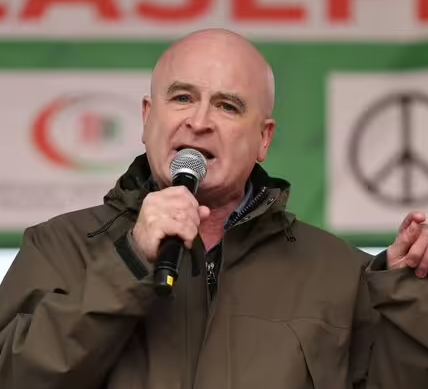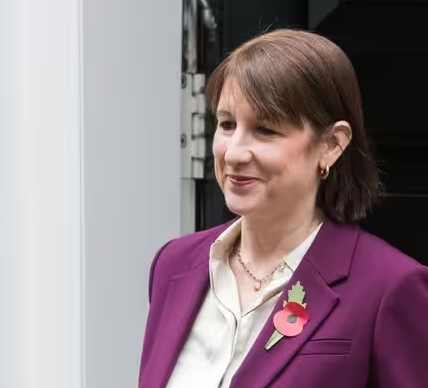he Reform UK leader gave his verdict after Chancellor Rachel Reeves unveiled the Autumn Budget.
Nigel Farage took a swipe at Diane Abbott as he gave his verdict on Labour’s first Budget.
Chancellor Rachel Reeves set out plans to hike taxes by an eye-watering £40 billion.
The Reform leader said the Budget was “economically illiterate” and questioned if the Labour MP for Hackney North had been “helping out with the sums”.
His comment is in reference to a 2017 interview by Ms Abbott which saw her fumble her numbers as she was grilled on police funding.
Mr Farage, the MP for Clacton, wrote on X: “The Budget was politically clever but economically illiterate.
“Perhaps the Rt Hon Member for Hackney North was helping out with the sums?”

Reform leader Nigel Farage (Image: Getty)
Reform UK deputy leader Richard Tice added: “This Budget is an assault on working people, an assault on growth and an assault on hard work.
“Thanks to this Budget, we are all getting poorer: Per person, per family, per small business, per community.
“Labour have failed working people with this Budget, they came into office promising change, growth and no tax rises on working people.
“What we have instead is the same old Labour: higher taxes, more borrowing and lower growth. This Budget hurts hard working British people.
“Unless we change course with major reform at every level, disaster awaits. Only Reform UK offers major reform and a brighter future.”
The Chancellor confirmed a £25 billion raid on employers’ national insurance contributions, with higher rates and a lower starting threshold.
The rate will increase by 1.2 percentage points to 15% from April 2025, with payments starting when an employee earns £5,000, down from the current £9,100.
She announced a £2.5 billion increase in capital gains tax by increasing the lower rate from 10% to 18% and the higher rate from 20% to 24%.
She also confirmed changes to inheritance tax, including bringing pension pots within the tax from April 2027, and reforms to agricultural and business property reliefs, raising a total of £2 billion a year.



